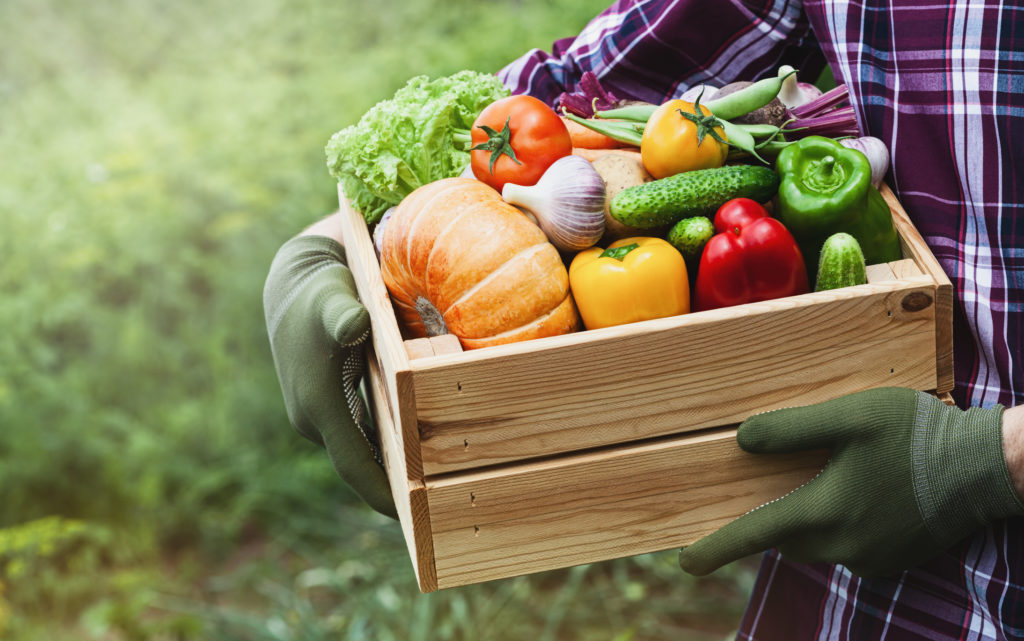
Home gardeners have access to a large variety of flowers, herbs, and vegetables. In some crops, there are so many varieties available that choosing what to grow can be overwhelming, especially for new gardeners. Understanding the differences between heirloom versus hybrid varieties can be challenging. New gardeners can find solace in knowing that there are advantages and disadvantages of both, but the advantages of either choice, far outweigh their disadvantages.
Heirloom Plants
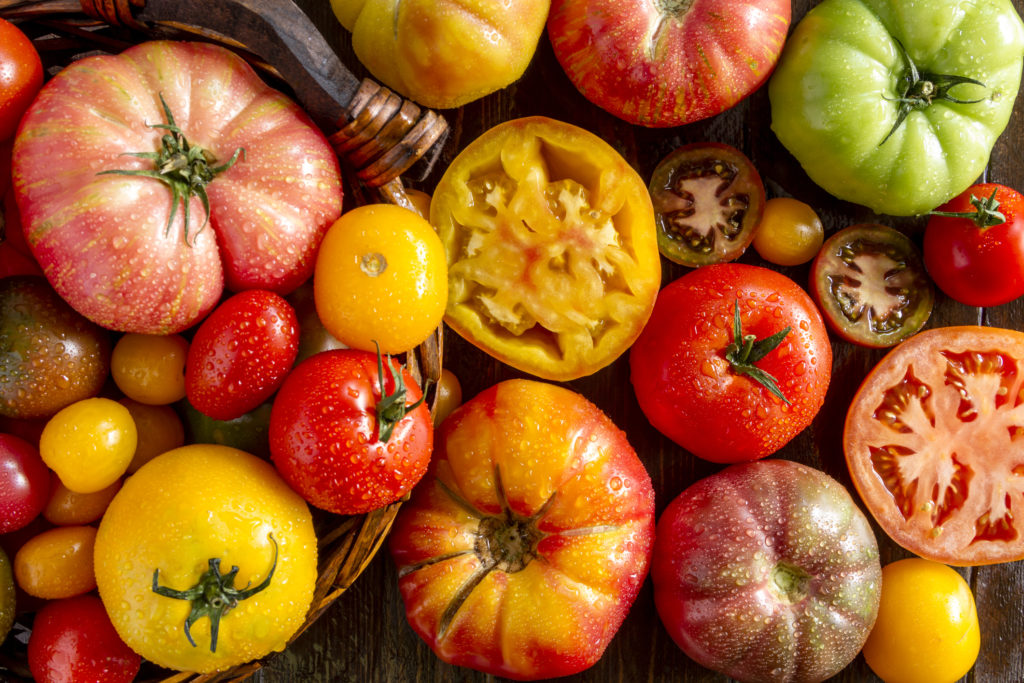
What is an Heirloom Plant?
The debate gets intense when trying to explain what the definition of an heirloom variety is. Some experts define an heirloom as being at least 100 years old. Other sources say they have to be 50 years and some people assign a specific period at the end of WWII, typically between the dates of 1944 to 1951, which marks the onset of widespread interest and practice of hybridization of many edible plant varieties. Generally, heirloom varieties come from seeds that have been harvested and hand-selected by gardeners for their special and outstanding traits. It is the heritage and “pass-along” aspect of these plants that help tell the full history of an heirloom variety, but accurate historical documentation is difficult to complete which leads to confusion about the true origin and lineage of heirloom seeds. The word ‘heirloom’ has no reference to a quality standard; however, through time spent cultivating, collecting, and passing along these hand-selected seeds, a good deal of reliability and superior plant performance became inherent in each variety. All heirlooms are open-pollinated plants.

Open-Pollination
Open-pollinating means the plants are pollinated naturally by insects, birds, or wind. Historically, most plant varieties have been “open-pollinated”. Due to this method of reproduction, seeds can be saved and replanted as the resulting seedlings will be very similar to the parent plants.
Gardeners of the past had to grow plants specifically for seed production, to ensure that they would have seed to plant in future seasons. Growing open-pollinated varieties allowed them to save seeds each year. Over time, this often resulted in locally adapted varieties that grew well in a given region.
Heirloom Plants Pros and Cons
| Pro | Con |
| More flavorful and nutritious | Less disease resistance than hybrid varieties |
| Less expensive than hybrids | Moderate to low yields compared to hybrid varieties |
| Can save your seeds to replant the next year | Less predictable harvest |
Fortunately, some of the downsides of growing heirlooms can be overcome by using grafted plants. In grafting, a variety (the “scion”) is grafted onto a rootstock that is highly vigorous and disease resistant. Grafted vegetables typically have increased vigor, earlier production, and improved yield compared to ungrafted comparisons. They also have improved resistance to soil-borne diseases.
Hybrid Plants
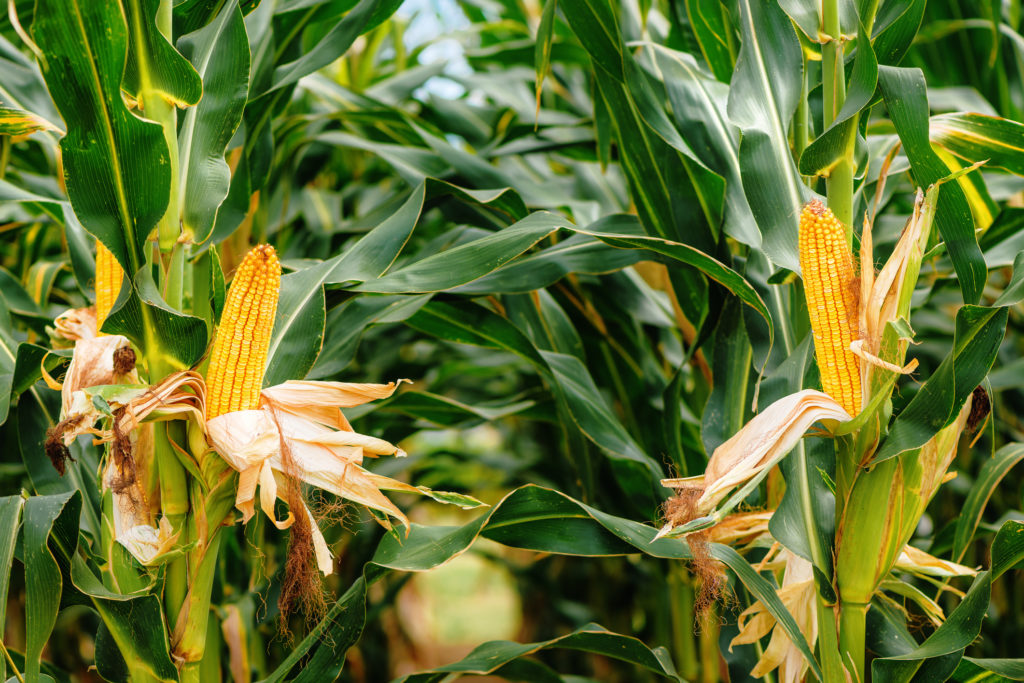
What is a Hybrid Plant?
Hybrid vegetable seeds are created when a plant is intentionally cross-pollinated between two or more different varieties of plants. The cross-pollination is aimed at producing an offspring or hybrid that contains the best traits of both parent plants. Cross-pollination is a natural process that occurs within the same plant species. When performing hybridization, pollination is carefully controlled, ensuring that the right plants are crossed. This is how modern varieties become more resistant to so many common plant diseases.
Hybrid Plants Pros and Cons
| Pro | Con |
| Improved resistance to common diseases | Developed for high yield, not optimal flavor or eating qualities. |
| Larger or smaller plant sizes | Saved seeds will not produce uniform plants similar to the initial hybrid |
| Bigger crop yields | Developing a hybrid typically requires many years to achieve the best traits |
In recent years, plant breeders have concentrated on isolating many disease-resistant traits without compromising flavor at all. So now, many hybrid varieties have flavor as fine as any heirloom variety while still producing more fruit than you can personally consume.
Seed Saving and Plant Hybridization Techniques
Unlike open-pollinated varieties, when seed saving from hybrid varieties, some will not breed true. Seeds from a hybrid variety will not produce plants similar to the initial hybrid. Instead, saved seeds will produce plants with varying traits and appearances, including those similar to each of the parent plant. Seed savers are aware and use this to grow hybrid plants that are tempered to the area they are grown.
Some breeders are developing hybrid varieties created by crossing popular heirloom varieties. Examples include the Heirloom Marriage series of tomatoes. Some breeders and suppliers use the term “heirloom hybrids” for such crosses, but this term can be confusing, as all heirlooms are open-pollinated, non-hybrid varieties. Others use the less confusing term “heritage hybrid” for hybrids developed from heirloom parents.

There are also a number of professional, amateur, and small-scale breeders developing new open-pollinated varieties. Some sources label these varieties as “created heirlooms”, but this term can be misleading, especially for varieties that have not yet been grown long enough to have passed the test of time. These varieties are more properly considered open-pollinated.
Since the1940s, there has been an increase in the number of hybrid varieties available. Hybrid varieties are produced through the controlled crossing of open-pollinated parent lines. All of the hybrid varieties that we offer have been developed through traditional breeding methods. None were produced by genetic modification and are not genetically modified organisms (GMOs). Seeds produced from hybrid crosses combine genes from both parents, leading to plants that are more vigorous and productive than either parent. This phenomenon is called “hybrid vigor”. Hybrids are often labeled with the designation “F1”, meaning the seed is from the first generation of a hybrid cross.
Are Hybrid Plants GMO?
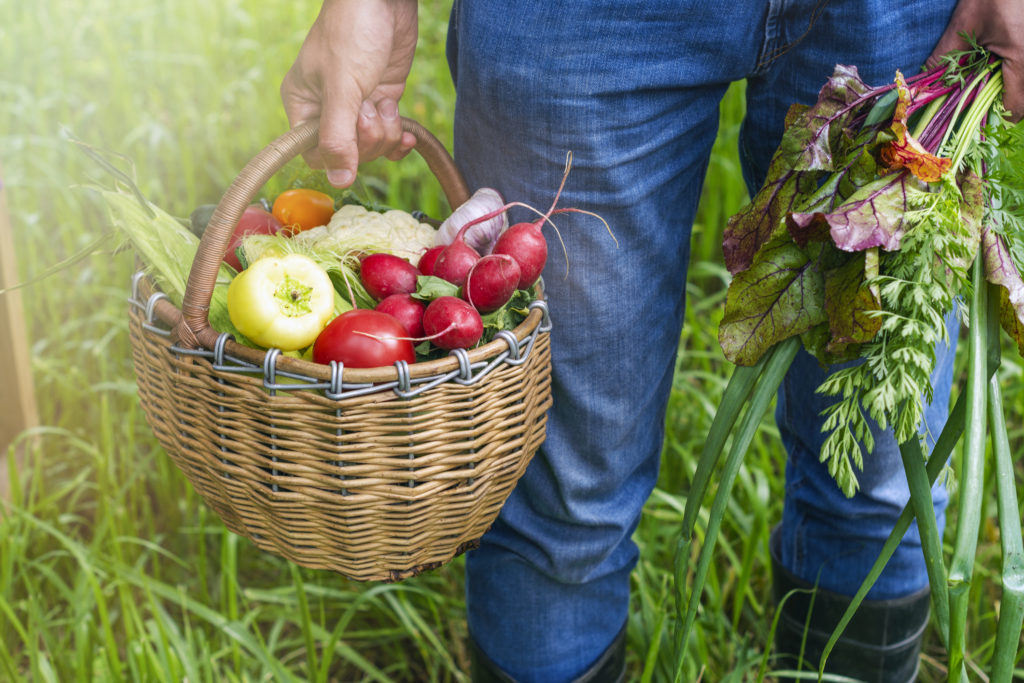
Simply stated, no.
Hybrid plant varieties are developed through a specific and controlled cross of two “parent” plants. This hybridization happens naturally in the wild leading plant breeders to steer the process by using bagging or sophisticated isolation methods.
Breeders are able to combine two different plants a lot faster than in the past, which could take 6 or more generations to have a hybrid plant. There is science involved in hybridization, only it is low tech. The Honeycrisp apple is an example of a hybrid fruit most are very familiar with.
Unlike hybrids which form naturally, GMOs are created in a lab using highly complex technology. The high-tech GMO varieties might include genes that have been spliced from several different species – which does not occur in nature. Some examples of GMO plants are corn, alfalfa, and soybeans. None of which are currently available for general consumers to purchase.
Which is Better: Heirloom or Hybrid?
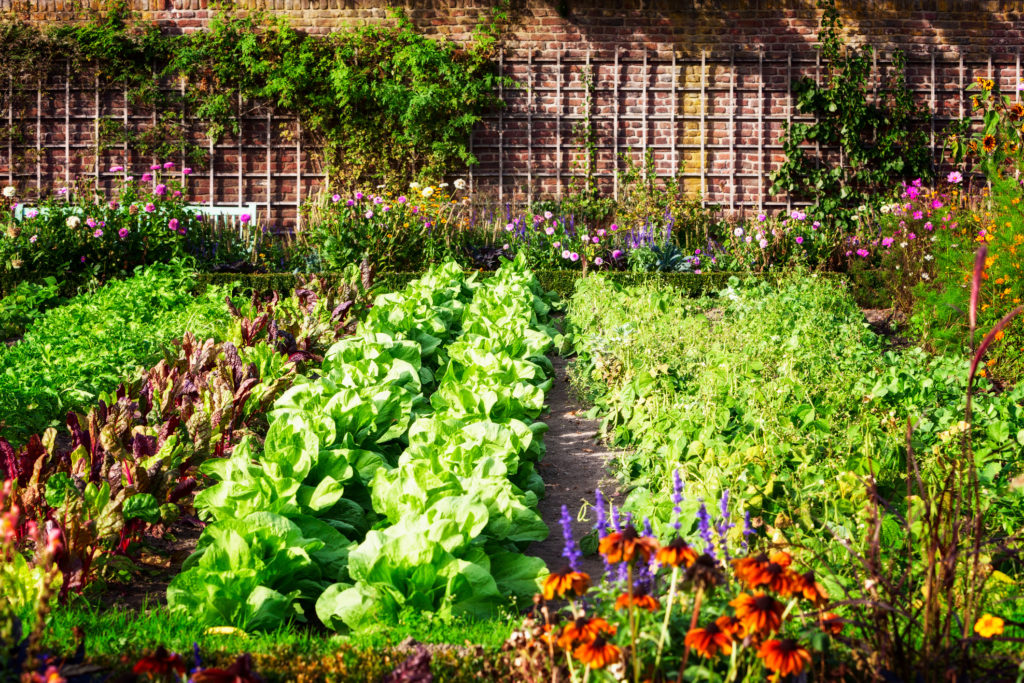
There are many varieties of open-pollinated, heritage, heirloom variety seeds, and hybrid varieties worthy of considering for the garden. In small gardens, hybrid varieties may be the best option for maximum production in a limited space. For gardeners looking for varieties with strong disease resistance, hybrids and certain open-pollinated varieties are good choices. Adventurous gardeners looking to learn how to save seeds from their garden plants can choose open-pollinated and heirloom varieties.
In the battle between two amazing plants, we can’t decide. We suggest growing both hybrid and heirloom vegetables to provide the best of both types. Jung Seed offers both varieties.
Other Recommended Reading

- 21 Popular Heirloom Vegetables
- A Gardener’s Guide To Plant Nutrition
- Understanding Plant Diseases
- Grow A Vertical Vegetable Garden
https://www.youtube.com/watch?v=Edk7cYBsXgc4
At Jung Seed Co, we strive to be your go-to guide for all your gardening needs. Our YouTube channel Jung Garden Center now includes our new video series All Things Green where our experts provide gardening tips for all levels of gardeners. When you need reliable gardening advice, turn to the trusted experts at Jung.
View our new catalog online or browse our website for all of your gardening favorites. To receive info on new products, exclusive deals, and specials, be sure to sign up for our weekly email. Join our Facebook page, to discuss all things gardening!